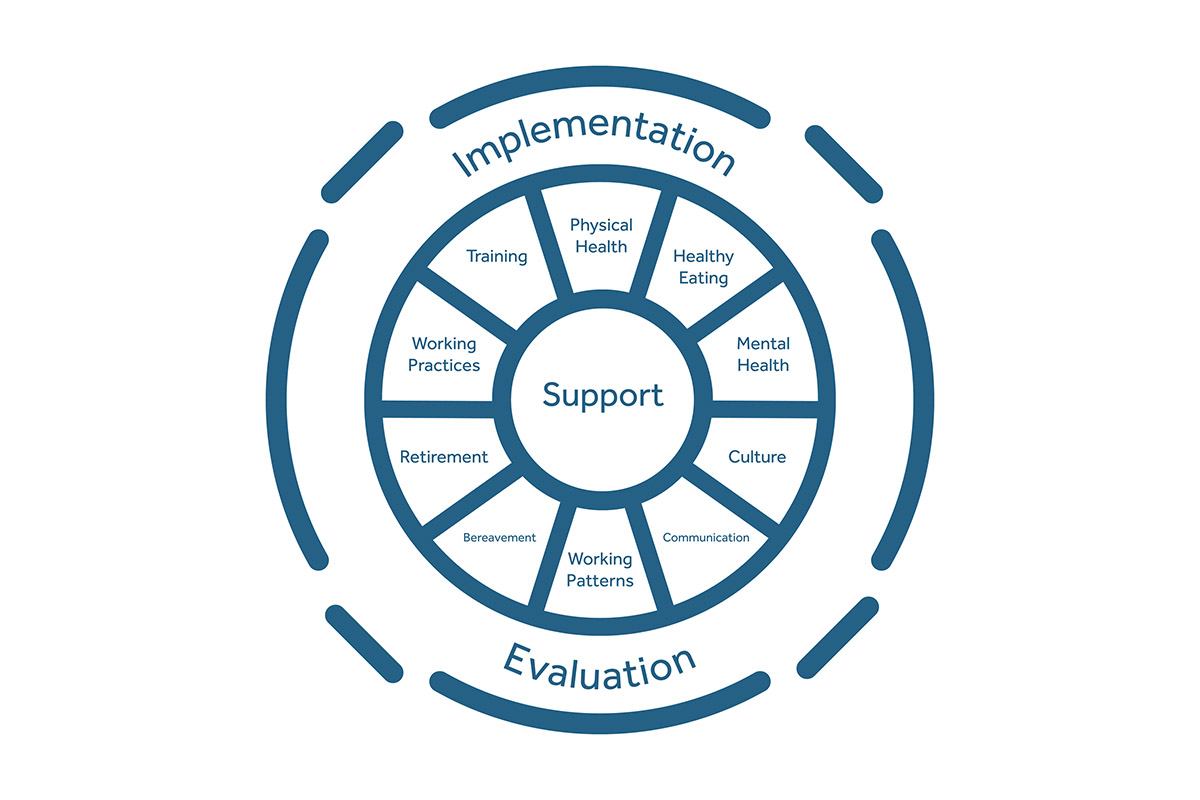Following the removal of a formal ‘retirement age’, and changes to the state pension age, there is an increasing trend for people to continue working into older age. Along with a decrease in the number of young people entering the workplace, this means some organisations are relying more and more on older workers.
One of many industries experiencing an ageing workforce is the logistics and transport sector, with the average age of a professional driver, such as a lorry driver, now over 50 years of age. At the same time, there is a chronic shortage of professional drivers and it can be challenging to attract new recruits. It is estimated that the over 60 age group represents 13% of all drivers, and only 2% of lorry drivers are aged under twenty-five.
There is little evidence that employers are beginning to think about the health implications of managing an ageing workforce. If you think about the job of a lorry driver, you can start to imagine many health and wellbeing risks as a result of their work. For example, they can experience loneliness; stressors related to increased volumes of traffic; exhaustion due to long and irregular working hours; difficulty in accessing regular, healthy meals; and few exercise opportunities. These factors can lead to serious medical conditions.



